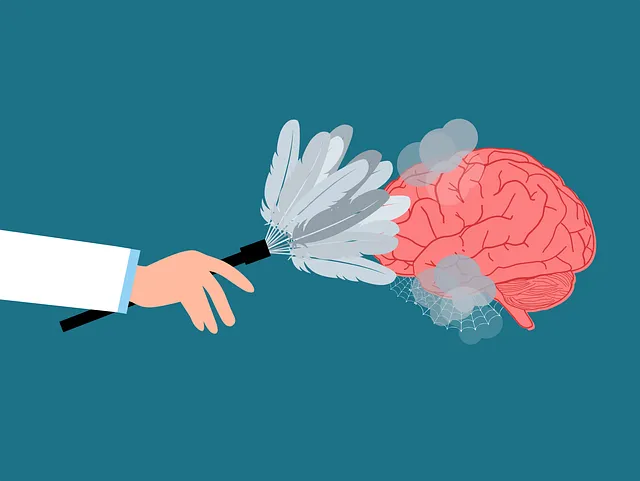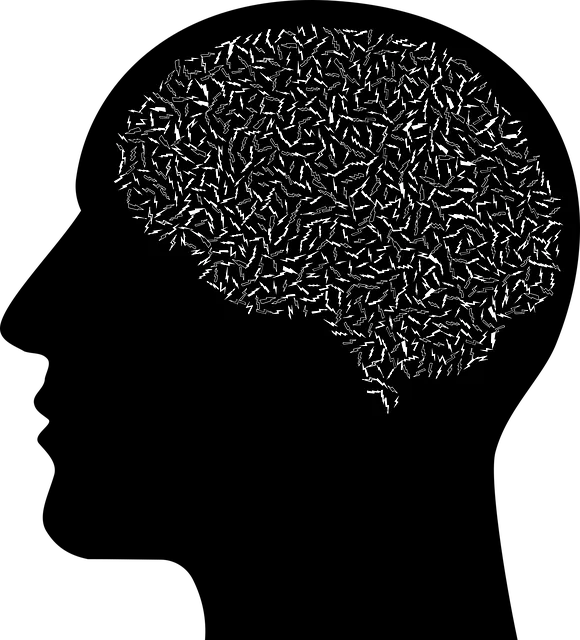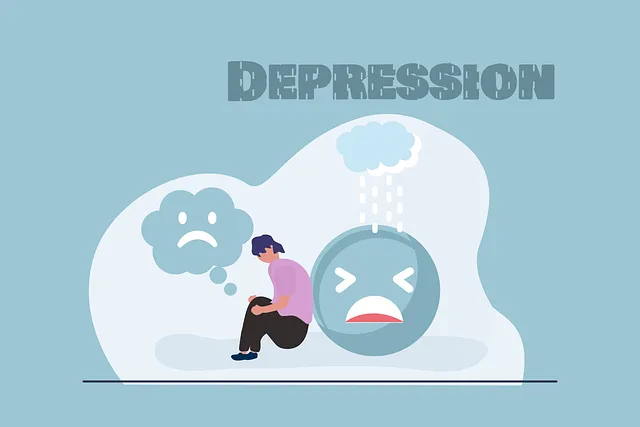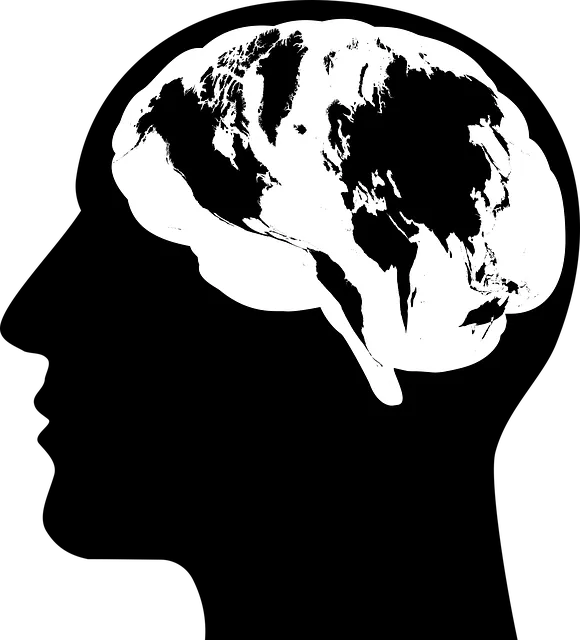Northglenn Kaiser Permanente psychiatry reviews highlight the growing importance of resilience in mental healthcare, promoting the RFM framework for building emotional regulation, anxiety relief, and effective coping strategies. This evidence-based approach, emphasizing self-care and tailored exercises, enhances stress management and mitigates psychological disorders. Positive reviews demonstrate Northglenn's pioneering role in resilience training for both professionals and patients, fostering a supportive environment that improves well-being, job satisfaction, and patient care through innovative mental health practices.
“Resilience is a critical component of mental well-being, especially in managing stress and adversity. This article explores the concept of RFM (Recovery, Flexibility, and Mastery) as a framework for building resilience, delving into its application through psychiatric interventions. We present a case study of Northglenn Kaiser Permanente, where innovative resilience-building exercises have shown promising outcomes. Additionally, we discuss the role of psychiatry in integrating these practices and provide insights from reviews, highlighting the significant impact on patient care and mental health outcomes, as evidenced by notable Northglenn Kaiser Permanente psychiatry reviews.”
- Understanding RFM: A Framework for Resilience
- The Role of Psychiatry in Building Resilience
- Northglenn Kaiser Permanente: A Case Study
- Implementing Resilience Exercises in Healthcare
- Reviews and Outcomes: Measuring Success and Impact
Understanding RFM: A Framework for Resilience

Resilience is a critical component of overall mental health, enabling individuals to navigate life’s challenges with strength and adaptability. Recognizing this, Northglenn Kaiser Permanente psychiatry reviews often highlight the importance of building resilience as an integral part of comprehensive mental healthcare. The RFM framework—a widely respected model for fostering resilience—provides a structured approach to enhancing emotional regulation skills.
By focusing on Emotional Regulation, Anxiety Relief, and effective coping strategies, RFM equips individuals with the tools needed to manage stress and adversity. This evidence-based methodology is particularly relevant in addressing contemporary mental health concerns, such as those highlighted in Mental Health Policy Analysis and Advocacy. Through tailored exercises and interventions, the RFM framework empowers people to build inner strength, fostering a sense of control and well-being that can mitigate the impact of various psychological disorders and life stressors.
The Role of Psychiatry in Building Resilience

In today’s fast-paced world, resilience is a vital component of mental wellness, enabling individuals to navigate life’s challenges with adaptability and bounce back from adversity. Psychiatry plays a crucial role in fostering this resilience, offering evidence-based strategies that go beyond traditional therapy. The Northglenn Kaiser Permanente psychiatry reviews highlight the increasing emphasis on equipping individuals with tools to enhance their resilience. This approach is especially significant for mental wellness professionals who often deal with high-stress environments and complex patient cases.
By integrating concepts from Risk Management Planning for Mental Health Professionals, psychiatrists contribute to a comprehensive strategy for mental health support. The Mental Wellness Podcast Series Production can serve as an engaging medium to disseminate knowledge about resilience building, making these essential practices more accessible. Through innovative approaches like these, the field of psychiatry is revolutionizing how individuals and professionals alike approach and manage their mental health and overall well-being.
Northglenn Kaiser Permanente: A Case Study
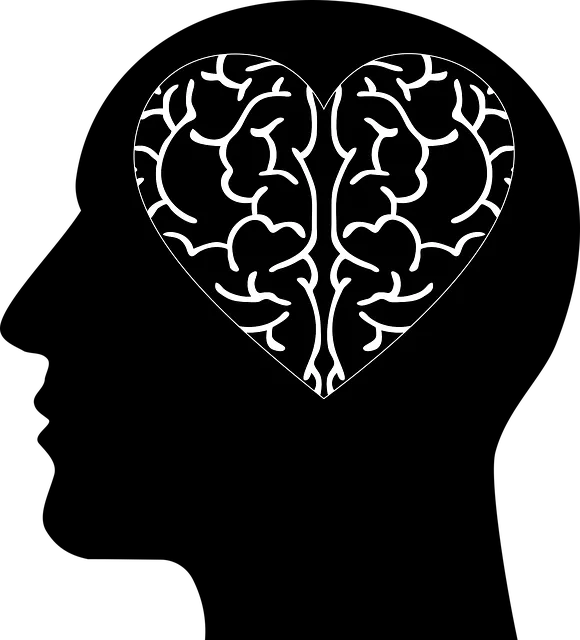
Northglenn Kaiser Permanente stands as a beacon of mental health care excellence, with its dedicated team and innovative approaches gaining notable recognition in psychiatry reviews. This healthcare facility has pioneered several resilience-building exercises tailored for mental health professionals, emphasizing the critical need for self-care within an often challenging profession.
Through comprehensive risk assessments, Northglenn Kaiser Permanente identifies areas where mental health professionals can enhance their coping mechanisms and empathy-building strategies. By implementing these insights, they foster a supportive environment that not only improves patient outcomes but also ensures the long-term resilience of healthcare providers. The facility’s commitment to Mental Health Awareness has made it a model for other institutions, showcasing the power of proactive resilience training in navigating the complex demands of modern mental health practice.
Implementing Resilience Exercises in Healthcare

In the healthcare sector, implementing resilience exercises is a game-changer, especially in institutions like Northglenn Kaiser Permanente, as evidenced by positive psychiatry reviews. These exercises are designed to equip healthcare providers with the mental fortitude needed to navigate the challenging and often emotionally demanding nature of their work. By incorporating self-esteem improvement techniques and burnout prevention strategies for healthcare providers into daily routines, medical professionals can enhance their ability to cope with stress and maintain a healthy work-life balance.
Resilience building is not just about personal growth; it’s a collective effort. Organizations like Northglenn Kaiser Permanente play a vital role in fostering this culture by providing platforms and resources for staff to engage in resilience exercises. This, in turn, contributes to improved job satisfaction, increased productivity, and better patient care, creating a positive cycle that benefits both the healthcare providers and the patients they serve.
Reviews and Outcomes: Measuring Success and Impact

The success of RFM (Resilience and Emotional Wellbeing Management) programs can be thoroughly evaluated through comprehensive reviews and outcomes assessment. At Kaiser Permanente psychiatry in Northglenn, such initiatives have shown remarkable impact on patient mental health. By implementing structured resilience-building exercises and self-care routine development techniques, the program aims to enhance emotional regulation skills among participants.
Through regular reviews, the psychiatry team at Kaiser Permanente Northglenn tracks progress, identifying areas of improvement and tailoring interventions accordingly. This data-driven approach ensures that self-awareness exercises are not only engaging but also effective in fostering long-term mental health resilience. The outcome is a more robust and satisfied patient population, better equipped to navigate life’s challenges with enhanced coping mechanisms.
Resilience is a vital component of mental well-being, especially in navigating today’s complex healthcare landscape. As demonstrated by the case study of Northglenn Kaiser Permanente, implementing resilience-building exercises, integrated with psychiatric care, can significantly enhance patient outcomes and overall satisfaction. The RFM framework serves as a powerful tool for understanding and fostering resilience, while psychiatry plays a crucial role in providing evidence-based strategies to build coping mechanisms. Through innovative practices and a holistic approach, healthcare providers like Northglenn Kaiser Permanente are revolutionizing mental health care, ensuring that patients receive comprehensive support tailored to their needs. These initiatives, backed by positive psychiatry reviews, underscore the importance of resilience building as a game-changer in healthcare.
